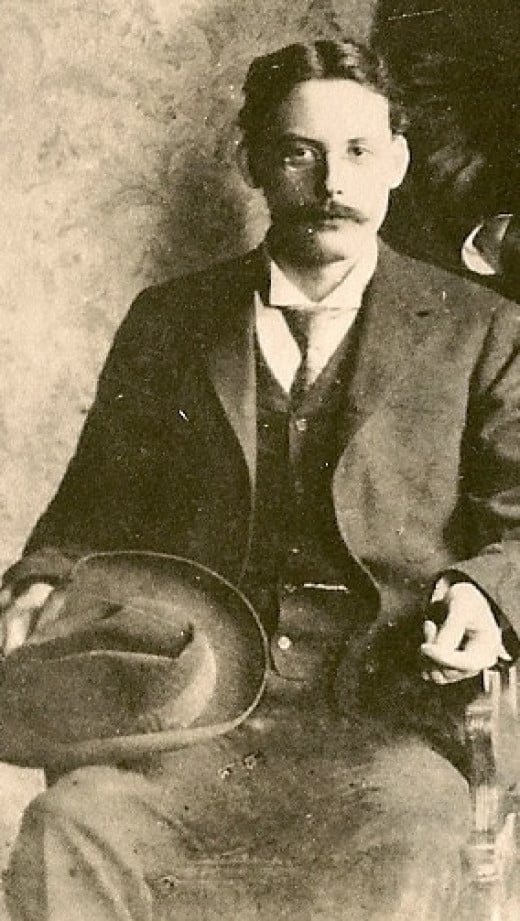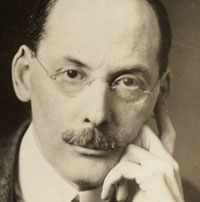


Robinson never married and led a notoriously solitary lifestyle. For the last twenty-five years of his life, Robinson spent his summers at the MacDowell Colony of artists and musicians in Peterborough, New Hampshire. Within the context of the poem, however, Corys appearance also symbolizes. First, Corys clean-cut and gentlemanly exterior symbolizes, for the townspeople, his elite status and his comfortable and pleasant life. Robinson was also awarded a Pulitzer Prize for his Collected Poems (1921) in 1922 and The Man Who Died Twice (1924) in 1925. Appearance (Motif) The speaker fixates on Richard Corys outward appearance throughout the poem. He also composed a trilogy based on Arthurian legends: Merlin (1917), Lancelot (1920), and Tristram (1927), which won a Pulitzer Prize in 1928. Robinson’s first major success was The Man Against the Sky (1916). Robinson dedicated his next work, The Town Down the River (1910), to Roosevelt. Customs House, a job he held from 1905 to 1910.

Robinson writes that Robinson hated the name Edwin Arlington. On December 22, 1869, he was born in Head Tide, Maine to Edward and Mary Elizabeth Palmer Robinson. Roosevelt also offered Robinson a sinecure in a U.S. Edwin Arlington Robinson was a depressed and sorrowful poet of the late nineteenth and early twentieth. This work received little attention until President Theodore Roosevelt wrote a magazine article praising it and Robinson. In 1902, he published Captain Craig and Other Poems. Even in his shorter pieces, Robinson favoured offbeat human characters, the queer. Unable to make a living by writing, he got a job as an inspector for the New York City subway system. This week’s poem is one of Edwin Arlington Robinson’s later sonnets and is, in some ways, an atypical work.
Edwin arlington robinson torrent#
Robinson privately printed and released his first volume of poetry, The Torrent and the Night Before, in 1896 at his own expense this collection was extensively revised and published in 1897 as The Children of the Night. After high school, Robinson spent two years studying at Harvard University as a special student and his first poems were published in the Harvard Advocate. Robinson described his childhood as stark and unhappy he once wrote in a letter to Amy Lowell that he remembered wondering why he had been born at the age of six. His birthplace was Head Tide, Lincoln County, Maine in the United States of America. His family moved to Gardiner, Maine, in 1870, which renamed “Tilbury Town,” became the backdrop for many of Robinson’s poems. Edwin Arlington Robinson was born in 1869. On December 22, 1869, Edwin Arlington Robinson was born in Head Tide, Maine (the same year as W. B.


 0 kommentar(er)
0 kommentar(er)
